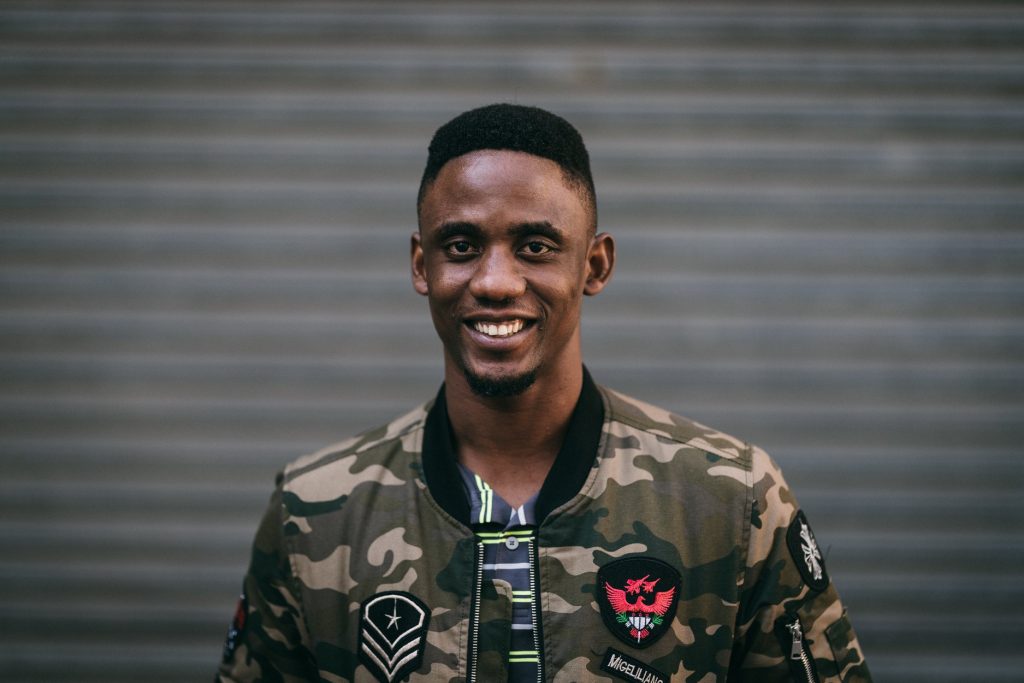Quote: “Everybody’s story is different, and what might seem effortless for them today, might have taken them several years to achieve. The truth is that you didn’t get to witness those painful years. Only them and maybe some of their closest circle did. Whenever people’s success makes you depressed, remember that you are on your own journey.”
MY ENTREPRENEURIAL JOURNEY:
I started my journey as a web designer while I was 13. My twin brother, Chika, and I were introduced to the basics of HTML from a Computer Science book we had while in Junior Secondary School. Fortunately, we had a family computer at home, so we could practice HTML and at the same age, we built our first website. Although it was a really basic web page, this was the beginning of everything.
At the age of 16, we ventured into video game development. We created our first tech company at the same age and released our first video game “Save The Admiral”, which was a 2d space shooter that used gamification and AI to introduce the concept of global warming to teenagers, including its implications and how to mitigate it. Our game was played by thousands of gamers online, but this didn’t translate into any revenue for us.
When we got into the University of Lagos, we began to learn web design and development again. We mastered HTML, CSS, and Javascript, and launched a dating website with a college roommate, which took off and was eventually featured on Yahoo! News. Shortly after the launch of the dating website, my twin and I had to leave the administrative team due to some problems in founder dynamics.
Then, we decided to start a social network, which we called LAGbook, a backronym for Ladies And Gentlemen book. We launched LAGbook at the age of 19 as an exclusive social network for students of the University of Lagos, and it quickly grew from zero to 35,000 registered users in less than six months. So we decided to expand to sustain its growth, and in three years, we had over 1 million registered users from over 100 countries.
LAGbook was then acquired by a Canadian tech company in January 2013, and we started our second tech company the same year, which was acquired the following year for nearly four times the acquisition value of LAGbook. After our second exit, my twin and I took a break from tech entrepreneurship to pursue other dreams.
For me, I have always wanted to be a published author, and my twin pursued a career as a recording artist. I wrote a novel titled ‘Odd Family Out’, and my twin recorded a studio album titled ‘Higher’, and now it was time to monetize our hard work. My twin heard of a music aggregator based in the United States and decided to distribute his studio album with them.
They requested an album distribution fee of $99, and he paid immediately. After all, he just sold his second startup company, but this isn’t the case for many upcoming artists in Africa, who can’t afford such a distribution fee. He started a social media campaign to raise awareness for his album, and within a month, he had huge sales. Now, it was time to receive his royalties, and that was where the problem came in.
The aggregator primarily pays royalties via PayPal, and in Nigeria, and many African countries, we cannot receive money via PayPal, but can only send money, so that payment method was out of the picture. So he had to fall back to the only payment method left and that was cheque payment even though he knew it would take two weeks to receive the cheque and another three weeks to get the money into his bank account.
However, after two months, the cheque never arrived, so he reached out to the aggregator to know ask what was causing the delay. That was when he was told that he had taken the money. Upon investigation by the aggregator, it was discovered that someone in Oslo, Norway, used a fake ID to take his money, and my twin was heartbroken. He had to take down his album from the aggregator and sort for local means of monetization.
About a year after, he said to me, “Chidi, a lot of independent African musicians have gone through what I went through trying to monetize my music internationally. And I think we should solve this problem for every African creative out there; writers, musicians, and filmmakers; including ourselves.” And that was when the idea for our third and current startup company was born.
A digital content distribution platform tailored for the African creatives, and in Q3 2017, we launched Publiseer, a digital content distribution platform that lets independent African writers, musicians, and filmmakers, typically from low-income communities to distribute, promote, protect and monetize their creative works on over 400 well-established digital platforms in 100 countries, at no charge, with just a single click, and we share in the revenue generated from sales of these works.
Our creatives receive their royalties via local bank payments, which no payment charges, or via mobile money payment, which makes it easily accessible; thus making monetization convenient and risk-free.

